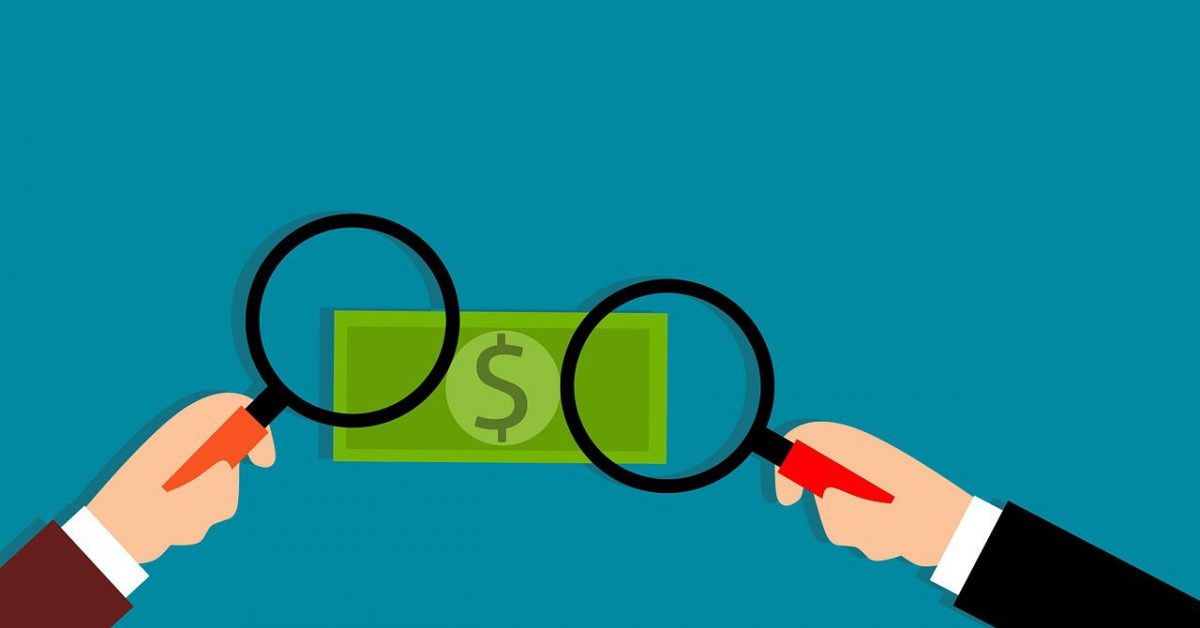There was a time when it was possible to acquire a mortgage shortly after filing for Chapter 7 bankruptcy. But with the shifts in the financial sector, the timeline on mortgage approval has changed. If you’re currently undergoing a Chapter 7 and wondering how this will impact home ownership, here are the basics and what it may mean for you.
What Is Chapter 7?
While a Chapter 13 bankruptcy is the kind of financial situation that requires debt repayment, Chapter 7 is different. It involves the liquidation of an individual’s personal assets to pay back the debt that is owed. A designated trustee will take care of the bankruptcy process, but a Chapter 7 bankruptcy will remain on your credit report for up to 10 years. It will have a negative impact on your credit score which can mean increased interest rates on a mortgage down the road.
Re-Building Your Credit Score
The most important step to obtaining a mortgage following bankruptcy is to keep on top of your credit. Because your credit score will be lowered and the BK will remain on your report for a long time, there are things you must do. Pay all of your bills on time and ensure every aspect of your financial health is in check. Most lenders will not even consider your application if you’re delinquent with payments.
The Timeline On A Mortgage
According to the Federal Housing Administration (FHA), anyone applying for a mortgage must wait a minimum of two years after the discharge date of their Chapter 7 bankruptcy. This is the date they are cleared of obligation to their debt. While this is good news if you want to apply for a mortgage in the near future, it’s important that a good credit history is developed along the way. And all FHA requirements must be met to ensure approval.
Filing for Chapter 7 bankruptcy can be a hard financial pill to swallow. Keeping your credit history in check for the duration of the 2-year period can help you on your way to a mortgage approval. If you’ll be in the market for a home in the near future, contact us today.

